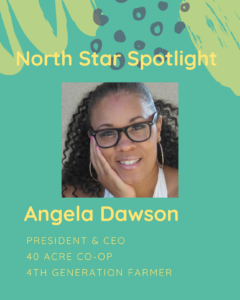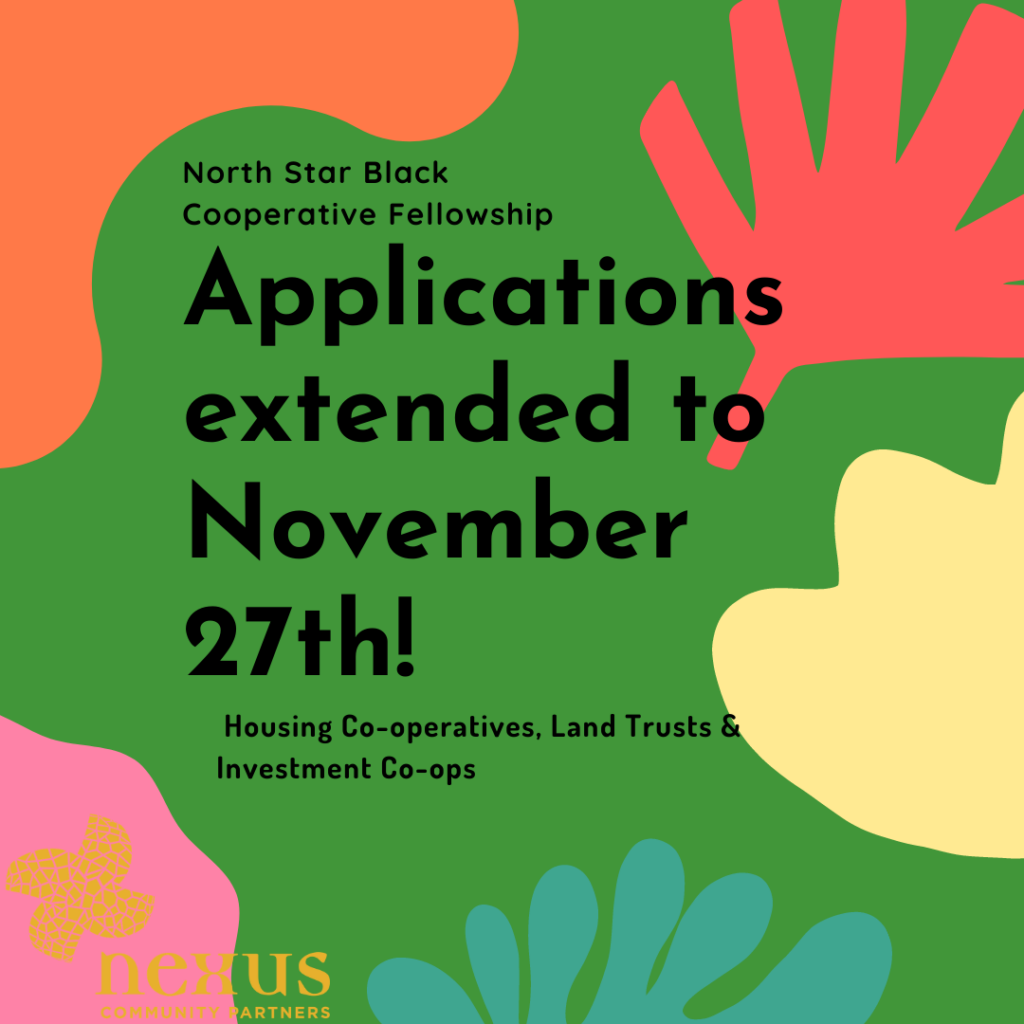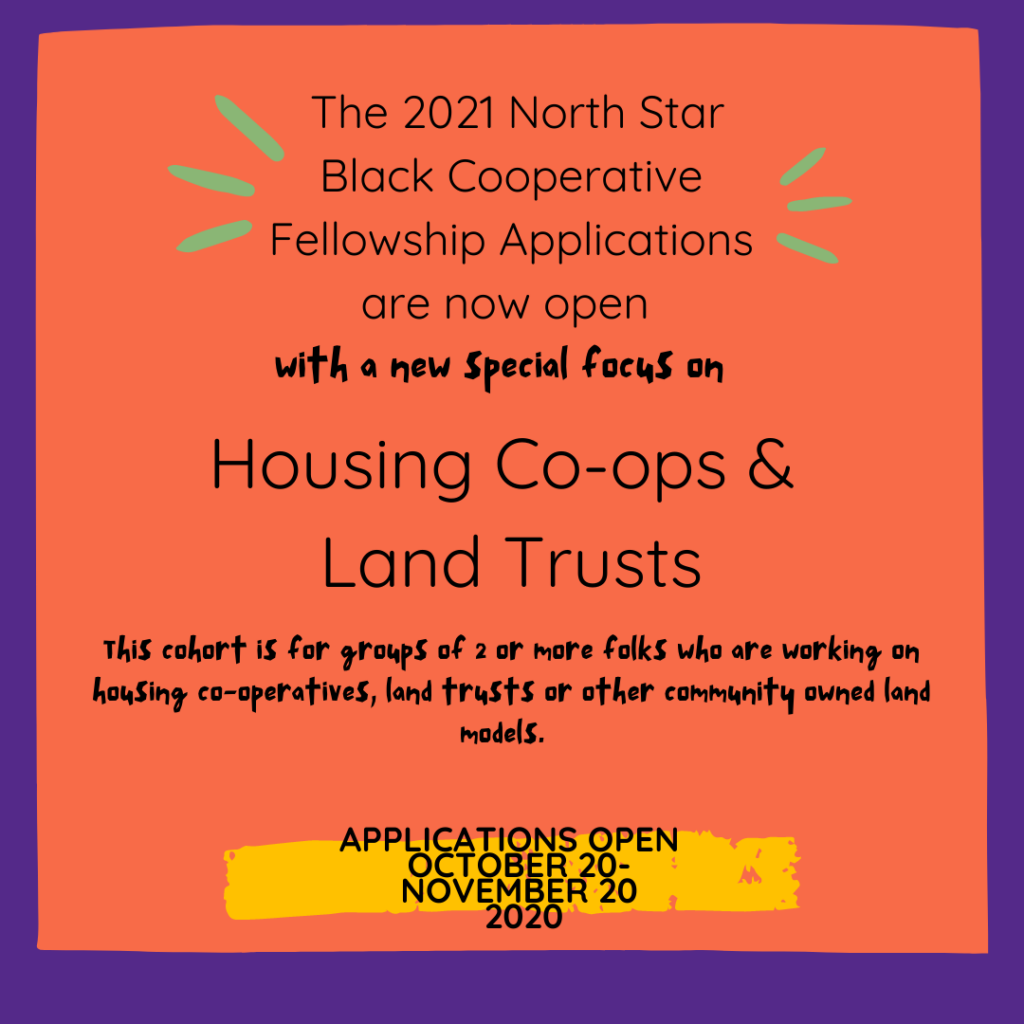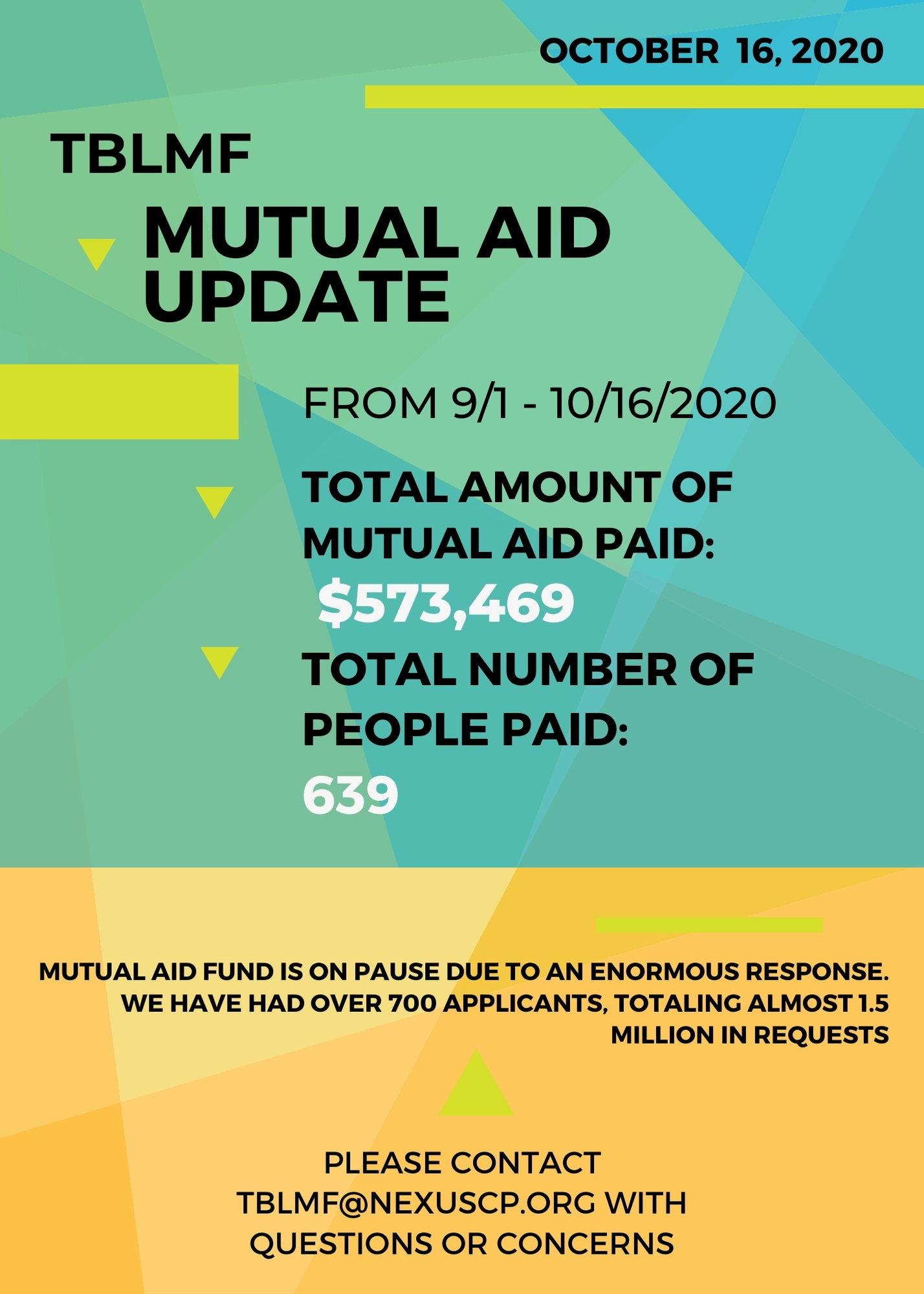In who we are and through what we do, Nexus Community Partners builds engaged and powerful communities so that each and every person can flourish in a joyful and abundant life. For this to be possible, we must usher out the rigged rules, attitudes, and practices that concentrate wealth and power in fewer and whiter hands, and usher in ways of living, working, and making decisions together that nourish communities for this generation and generations to come.
Because we are living in historic times, through a pandemic, and in the midst of a volatile election season, we wanted to take the time to affirm a few things.
Each of us has a voice, and each of us contributes to the fabric of our communities. Whether we are Black or white, Asian or Latinx, Indigenous or immigrant, this moment shows us that now, more than ever, every one of our voices deserves to be counted. This election season has brought voter suppression tactics the likes of which we haven’t seen since the Jim Crow era — ranging from reducing polling access in predominantly Black, brown, indigenous and immigrant zip codes, to politicians encouraging outright intimidation from white supremacist militias in an attempt to scare us from exercising our vote. But the only reason they try to suppress our voices is because they know that together, we’re powerful. And we demonstrated our power by showing up to the polls in record numbers.
But our power has always extended beyond the ballot box. Election season or not, pandemic or not, we’ve counted on one another to care for our loved ones, make ends meet, and make a better future. No matter who is elected, there is nothing that will stop the work that we and countless others have been doing and will continue to do long after all the ballots have been counted.
At Nexus Community Partners, we work toward a future where…
… the places and spaces we share allow us to explore and express the depths of who we are – celebrating our joys, and healing our pains.
We honor our responsibility for each other, knowing that we are all connected – what affects one person or community, affects another. So, we first make sure that each and every person has their essential needs met, and we grow from there. That’s just what makes sense.
We nurture the prosperity of our communities – and in this prosperity, our health, joy, peace, love, safety and the needs of future generations come first. We foster our relationships with each other and with the land, and work cooperatively to cultivate and share this prosperity in our communities.
We relish our distinctive cultural practices, traditions and needs. For our world to work, we all need each other. When we nourish each of our unique contributions, our world is a better, more interesting place, and we are more powerful together.
When we make decisions that affect all of our lives, we share the power in making those decisions. We create and maintain processes of collective decision making that ensure that power continues to be informed by all of us, and the structures we use to make decisions actively repair and heal the harm from hyper-individualistic white supremacist structures.
We repair and heal our individual and collective trauma, knowing those are interconnected. Each person gets to heal on their own terms, and collectively we confront oppressive systems that get in our way. We honor the trauma and resilience of generations that came before us.*
We count on each other. Whatever the outcome of this election, Nexus Community Partners will keep striving for the world that we all want and need.
Look at the statement here.
* Adapted from Young Women’s Empowerment Project and the Chicago Healing Justice Learning Circle by way of Fumbling Towards Repair: A Workbook for Community Accountability Facilitators


 At our last session,
At our last session, 


